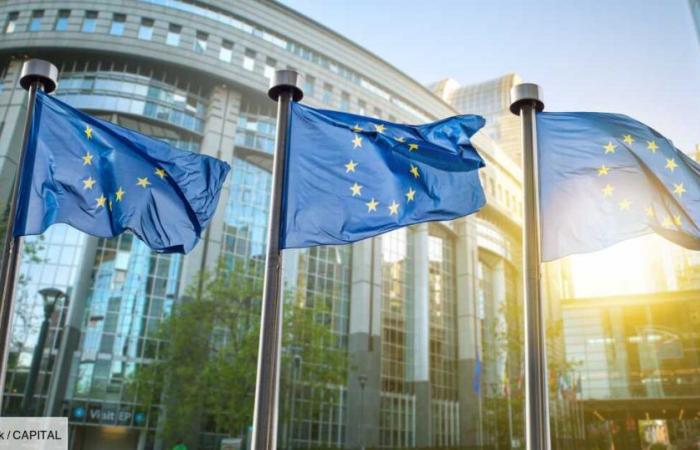The debt problem, a constant in the electoral debate, has taken on a new dimension this year in a highly troubled geopolitical context. France’s debt is certainly very high in light of the Maastricht criteria, but it is clear that this debt had a positive counterpart that is now becoming apparent. It is indeed thanks to its debt that France has been able to invest and acquire almost total independence in terms of electricity production with its network of nuclear power plants, develop defence capabilities – particularly nuclear – that are unique in Europe, maintain a rail transport system with no equivalent elsewhere, and achieve a high level of environmental protection. It should be noted in this regard the existence of a historical constraint, the near impossibility for the French State to control certain expenditures due to threats to public order posed by organisations that have managed to infiltrate vital sectors of the economy, such as rail, air and maritime transport.
The rest under this advertisement
The rest under this advertisement
The ECB is preparing to lower its rates, how far can it go?
The need for financing concerns all members of the European Union
But more generally, the war in Ukraine was the great revealer of the weaknesses of most other European countries in the very areas where France had invested heavily. Our partners have gradually become aware of their delays and their immense investment needs, particularly in Germany, which means unavoidable debt. Europe could have aligned itself with the United States and accepted a debt level of 120% and a deficit of 8%. Wisdom and the urgency of the measures to be taken prevailed, and the updating of the Maastricht criteria was prudently postponed. The time for debate is over, but for urgent action.
The rest under this advertisement
A new European Union loan should therefore be set up, like the €750 billion loan decided in July 2020 in the context of the Covid crisis, but with a much higher amount. The definition of new tax revenues at European level will then arise, in order to ensure its repayment. We can imagine that German reluctance will be all the weaker since Germany no longer has a choice and that, moreover, this solution will allow it not to contravene the provisions of the famous “Schuldenbremse” – the debt brake – enshrined in its Constitution. In addition to this new European Union loan, the ECB will resume its bond buyback program as soon as the level of inflation allows it.
Rates: “the ECB assumes the possibility of a divergence with the Fed”, here is why
Subsidiarity is not a loss of sovereignty
The upcoming European measures will certainly raise awareness of the importance of the notion of subsidiarity, particularly in France. The French will understand that Europe is not there to replace the sovereignty of States, but to effectively do what States alone cannot ensure. The euro was the first expression of this reality and it will now be easier to make all European countries understand the importance of the Financial Union towards which we must move.






